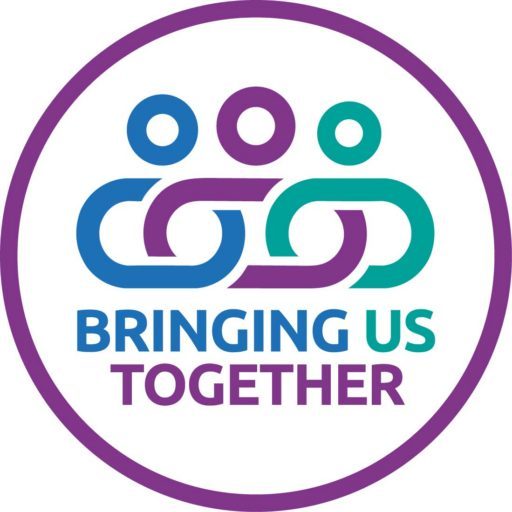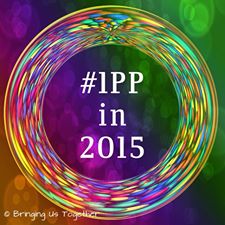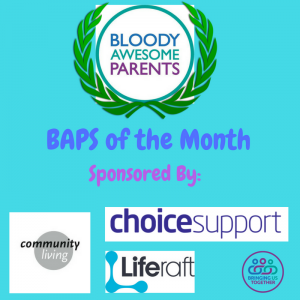Teach your children well
Katie writes…..
Many of us around the country, without thinking about it, are already keeping our young people safe by including them in all sorts of ways whether it is from joining Brownies; going to the local park; being part of the local swimming pool; after school clubs; youth groups; getting jobs locally; or volunteering. They are visible.
I felt that when Nadia was little she was very cute racing round in her electric wheelchair. I also knew that she would no longer be cute when she was 18yrs old and would grow up into the world which ultimately would disable her.
We know that our young people grow up facing prejudice, discrimination, and negative attitudes and where society makes it challenging for our sons and daughters to have a purposeful life.
I had read something very early in Nadia’s life something written by Jenny Morris
 It said that “disabled children who were non-speaking were 9 times more likely to be abused than non-disabled children”. That was enough to scare me and sent me down a road of learning as much as I could about Augmentative Alternative Communication. That’s a big mouthful to say especially if you have a speech impairment which is a bit bizarre! It’s shortened to AAC. AAC covers a huge range of alternative ways to talk such as sign, symbols, gestures, boards or high tech electronic communication aids.
It said that “disabled children who were non-speaking were 9 times more likely to be abused than non-disabled children”. That was enough to scare me and sent me down a road of learning as much as I could about Augmentative Alternative Communication. That’s a big mouthful to say especially if you have a speech impairment which is a bit bizarre! It’s shortened to AAC. AAC covers a huge range of alternative ways to talk such as sign, symbols, gestures, boards or high tech electronic communication aids.
Part of my personal parenting mission has been that each of our 6 kids should feel nurtured and good about themselves, to feel loved and cared for, to feel they belong, have identity, confidence and belief in themselves. To feel proud of themselves and not be afraid to have an opinion. That is not a lot to ask for but takes a lot of work to happen!
I know for Nadia that her resilience and her self- esteem are her essential life skills in keeping herself happy and safe.
So my code of being a mum has been:
- to be there to boost her self confidence
- to encourage her friendships,
- to teach her about rights and justice, and the social model,
- to introduce her to disabled adult role models and encourage her to be part of the disabled people’s movement,
- to support her and facilitate her to be an active communicator – requiring skills from all those around her (British Sign Language and understanding of Augmentative Alternative Communication) and to “use that bloody dynavox because when you are 16yrs I may not be around so you will need to have your own voice”
- to know the difference between good and poor support and to know about how to run her own team of Personal Assistants
- to teach her to say “NO” and to know what good support looks like and no way “Accept the Unacceptable” and to be able to say “f**k off” using the Dynavox and British Sign Language,
- be included in the same schools as her brothers and sisters,
- to feel strong enough to want to make a difference to others,
- to feel proud to be deaf and disabled, and proud to be a communication aid user
- to have dreams and aspirations and a can do attitude,
- to be caring, compassionate and thoughtful to others,
- to try not to judge others,
- to feel part of her wider community,
- that it is ok to make mistakes as long as you can learn from them,
- to want to make a difference.
What is in your code for your child or young person? What lessons have you ensured they learned?







